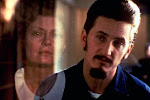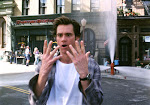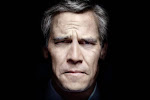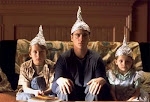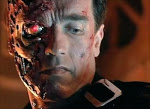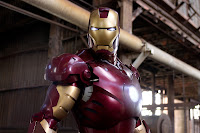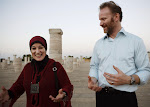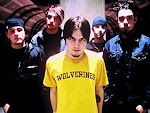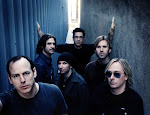One of C.S. Lewis' goals in writing the Chronicles of Narnia was to demonstrate God's amazing imagination. There are some people who think bigger than others, but God thinks ridiculously big. This ties in with the fact that God is holy. His mind isn't limited to the world as we know it because He is set apart from, or different from, the world as we know it.
Thus, the central conflict in Prince Caspian: Aslan (Lewis' representation of Christ) is omnipotent, but the Narnians struggle to trust Him as such. Another way to say this is: The Narnians are quick to become either distracted and forgetful.
The main movie poster for Prince Caspian (shown above) demonstrates such distraction. I look at that poster and I think, "Oooh, cool sword," or, "I wonder if that guy is a good fighter?" The Pevensie children's armor and weapons are particularly impressive. Then there is the grandiosity of the Telmarine castle, or the former glory of the Narnian kingdom. But all these things are only temporary. Indeed, the splendor of the Narnian kingdom had faded and crumbled by the time the chilren returned. This is purposeful so that people (and all creatures in general) will remember the ultimate purpose of all that seems impressive right now: If shiny swords or vast kingdoms are awe-inspiring, how much greater must the Creator of the universe be, who invented the molecules that make up these swords and kingdoms!
The Narnian army held the Telmarines off as long as possible, which is admirable, but ultimately Aslan only had to say a word (a roar) and the Narnian forest got up and started fighting off the Telmarines. Then, if doubt remained in the Telmarines' minds as to who was Boss, Aslan made a giant man out of water to swallow their leader. This isn't to say Aslan is good at fighting, this is to say that Aslan (Jesus Christ) has all authority over everything. Swords and horses and shields don't amount to much against the God who called these things into existence out of nothing.
 We can hardly blame the Narnians for feeling intimidated by the vast, disciplined, well-equipped Telmarine army. It took many of the Narnians a thousand years to either stop trusting or forget about Aslan, while we fall in and out of trust in God several times over the course of a single day.
We can hardly blame the Narnians for feeling intimidated by the vast, disciplined, well-equipped Telmarine army. It took many of the Narnians a thousand years to either stop trusting or forget about Aslan, while we fall in and out of trust in God several times over the course of a single day.
Another of C.S. Lewis' goals in writing the Chronicles of Narnia was to demonstrate the nearness of God's kingdom. The fact that God is apart from time, for example, is applicable to our world right now. While World War II rages all around London, Aslan opens the Pevensie children up to other lifetimes' worth of experiences.
That these children were kings and queens over Narnia doesn't demonstrate their greatness (nor should we fixate ourselves on becoming kings and queens our selves), but rather, the children's adventures in Narnia demonstrated the depth and height and width of Aslan's mind. The is no limit His imagination or His power to create because He (Jesus Christ) is God.


















